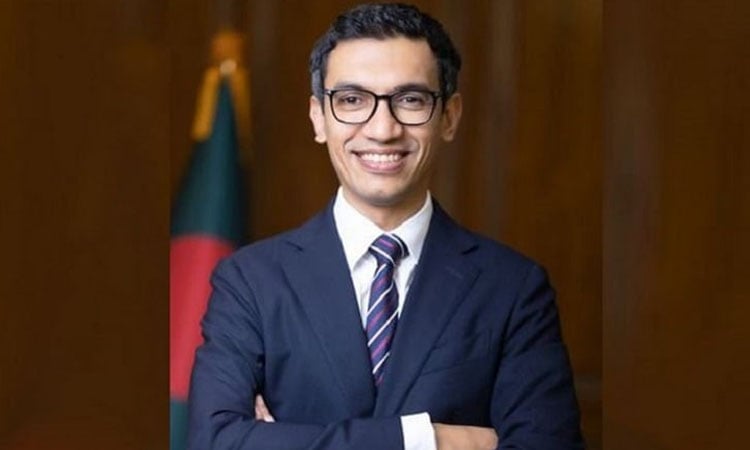Economy Desk:
DHAKA, November 3, 2025 — Bangladesh has recorded a 19.13 percent increase in Foreign Direct Investment (FDI) in the year following the July 2024 Uprising, marking a significant turnaround compared to the global trend of declining investment after major political upheavals.
The data, jointly compiled by the World Bank and Bangladesh Bank, was made public on Monday through a social media post by Chowdhury Ashik Mahmud Bin Harun, Executive Chairman of the Bangladesh Investment Development Authority (BIDA). The report, titled “FDI Picture Post-Mass Uprising,” highlighted Bangladesh’s strong investor confidence and economic resilience despite a period of considerable internal political transformation.
According to the figures, Bangladesh stands out as a global exception, with all comparable nations that underwent similar mass movements witnessing substantial declines in FDI during the first year following their respective crises. Sudan, for example, experienced a 27.60 percent decrease in FDI after its 2019 uprising, while Sri Lanka’s investment dropped by 19.49 percent in 2022. Other recorded declines include Chile with 15.68 percent in 2019, Ukraine with 81.21 percent in 2014, Egypt with 107.55 percent in 2011, and Indonesia with 161.45 percent in 1998.
Chowdhury Ashik attributed Bangladesh’s exceptional performance to a combination of institutional diligence, sound economic policymaking, and robust private sector participation. He praised the coordinated efforts of key institutions such as the National Board of Revenue (NBR) and Bangladesh Bank, emphasizing that consistency in fiscal and monetary policies has reassured foreign investors during a politically sensitive period.
He further noted that government agencies directly involved in investment facilitation — including the Public-Private Partnership Authority (PPP Authority), Bangladesh Economic Zones Authority (BEZA), and BIDA — have adopted a proactive role in supporting investors. “These institutions have gone beyond simply preparing presentations and have actively assisted investors in navigating regulatory and operational challenges,” he said.
The BIDA Chairman also credited the private sector for demonstrating resilience and commitment during the post-uprising transition. He stated that the cooperation between the public and private sectors has been instrumental in restoring investor confidence and sustaining the inflow of foreign capital.
Bangladesh’s FDI performance, he explained, has reflected a broader narrative of post-crisis recovery driven by pragmatic economic management. The stable exchange rate regime, incentives for export-oriented industries, and improved ease of doing business have all contributed to sustaining investor optimism.
However, Chowdhury Ashik cautioned that short-term fluctuations in FDI should be expected in the months ahead due to the upcoming national election. Historically, election periods tend to slow down investment activities as foreign investors adopt a “wait-and-see” approach in anticipation of potential policy adjustments.
“FDI is likely to experience a temporary decline leading up to the polls,” he noted, while adding that “investment levels are expected to stabilize and return to balance once the election cycle concludes.” He advised policymakers and investors to remain patient and to prepare for a longer-term strategic horizon rather than focusing solely on quarterly trends.
Economists have observed that Bangladesh’s continued growth in FDI amidst political transition could enhance its international economic reputation. The performance may also strengthen the country’s standing among emerging markets, particularly within South and Southeast Asia, as a destination capable of maintaining economic stability in the face of political change.
The 19.13 percent rise in FDI is also expected to contribute positively to employment generation, technology transfer, and export diversification, particularly in key sectors such as manufacturing, textiles, renewable energy, and information technology.
Observers note that the post-uprising policy environment has emphasized transparency, administrative streamlining, and inter-agency coordination — areas long viewed as critical for sustaining foreign investment. Should these efforts continue, Bangladesh could consolidate its position as one of the fastest-growing investment destinations in the region.


